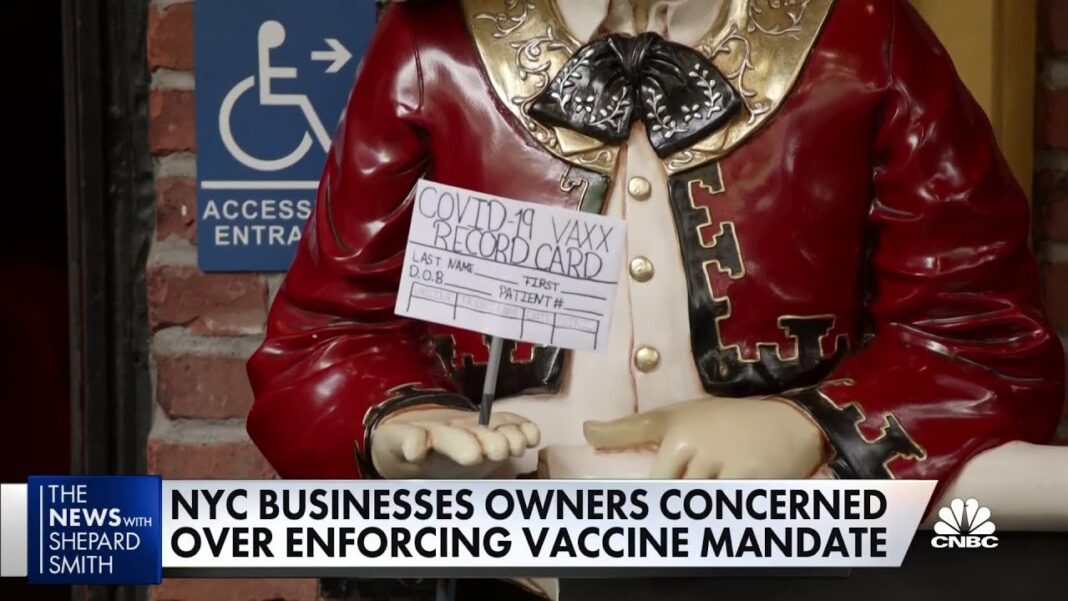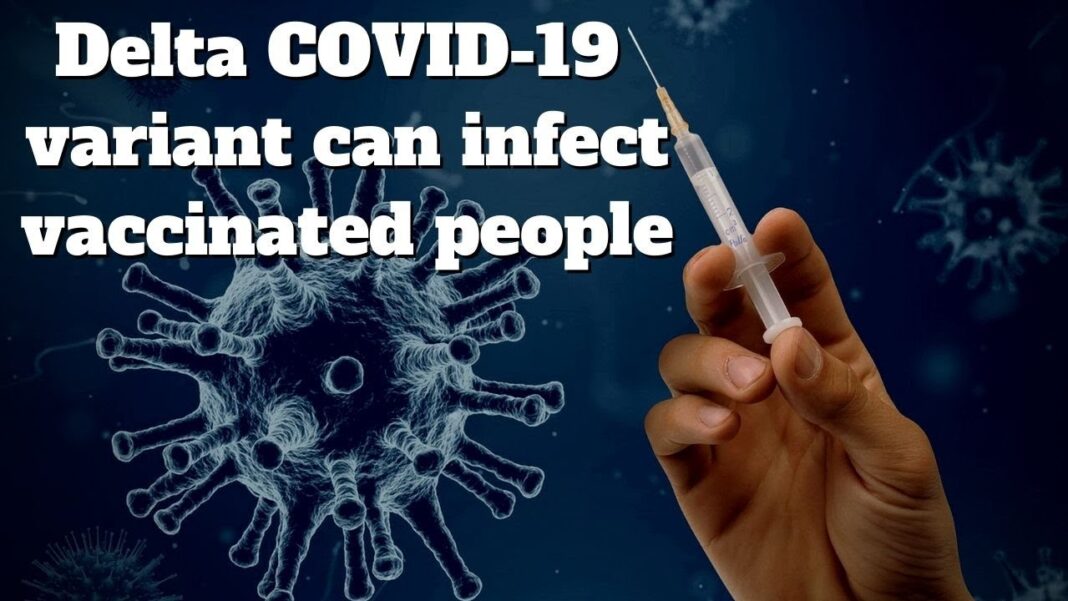The only Food and Drug Administration vaccine advisory panel member to abstain from a major vote this week that essentially authorized Pfizer’s COVID-19 vaccine for children as young as 5 said he did so because of limited safety and efficacy data.
All 17 others voted to advise the administration, or the FDA, to authorize the jab for children between the ages of 5 and 11. The agency already supported doing so and is expected to formalize the authorization soon. The Centers for Disease Control and Prevention would then decide which children should get the shot.
The vote was preceded by nearly eight hours of discussions and presentations, with multiple members expressing concern about the scant data on how the vaccine will affect the age group.
But Dr. Michael Kurilla, an expert on infectious diseases and pathology who directs a division inside the National Institutes of Health, was the only one who didn’t support the recommendation.
Kurilla told The Epoch Times in an email that he opposed the specific, binary wording of the question, which opens up the possibility that any child between 5 and 11 will be able to get the Pfizer vaccine. He was also concerned about the longest follow-up for the clinical trial involving the age group being only three months, data that shows children experience severe cases of COVID-19 much less often than adults, and how a large chunk of them have already had the disease, giving them some level of immunity.
If the authorization goes through as expected, at least some of the age group will be able to get two doses of 10 micrograms each, spaced three weeks apart.
The same dosage interval, with a dosage level three times as high, is currently in place for adults. But adults have seen waning effectiveness, especially against infection, prompting the recent authorization of booster doses.
Because the interval is the same, it can be predicted that the effectiveness will also wane in children, Kurilla said. The lower dosage level, meanwhile, brings into question whether the protection against severe disease and hospitalization will be as strong as in adults.
“Real-world evidence involving adults suggest the 3-week dosing interval is suboptimal in terms of durability and is likely to be similar in children, leading to waning immunity within 4–6 months,” Kurilla said. “Because the Pfizer vaccine offers protection against serious disease even after antibody titers have waned, there is some other basis for immunity, but at the lower dose in children, there is no expectation that those same immune processes will behave similarly to the higher adult dose.”






